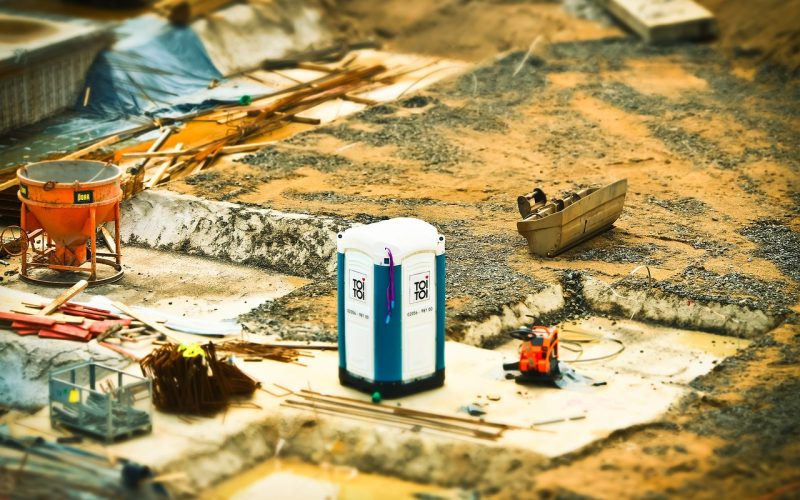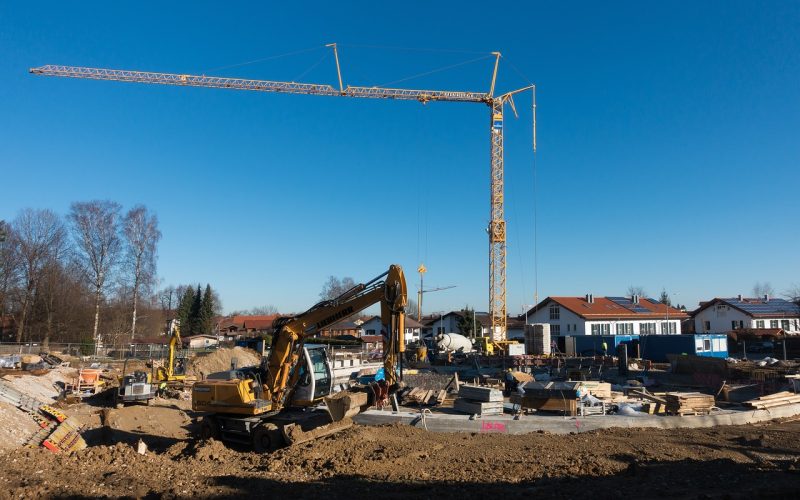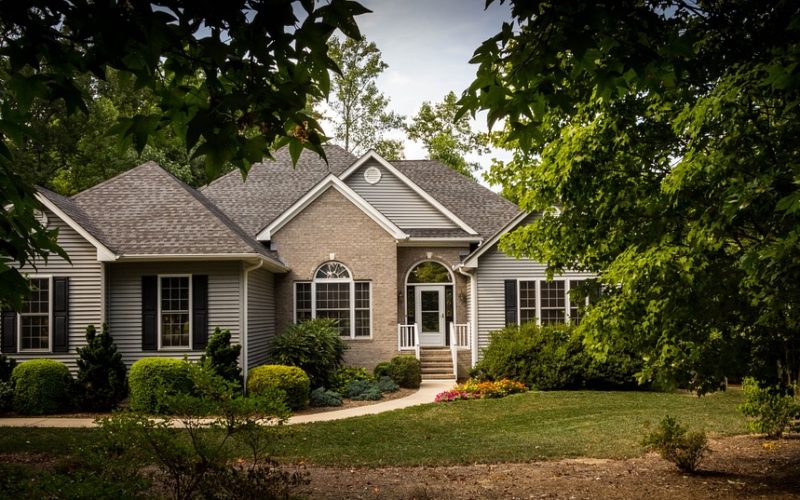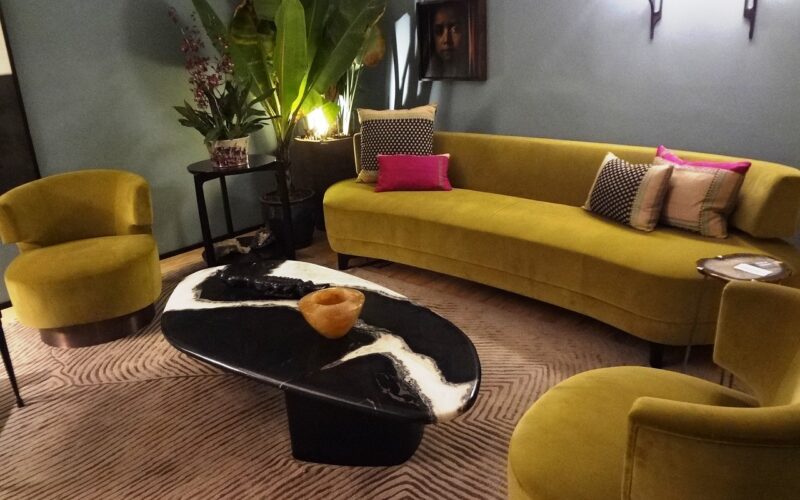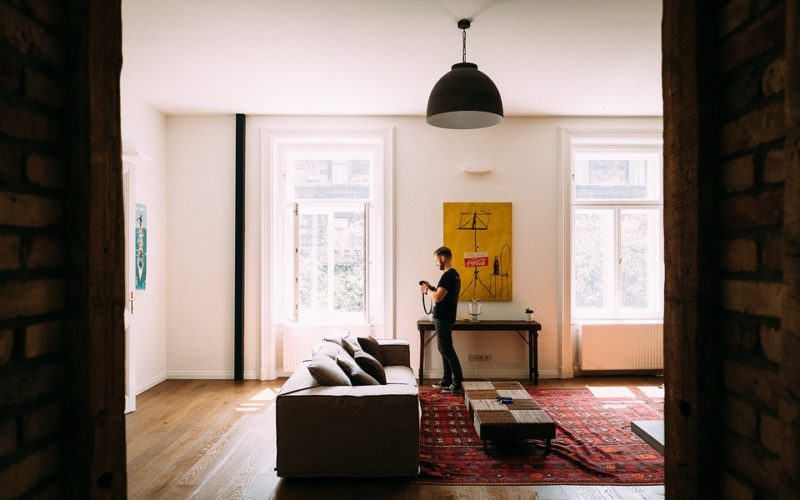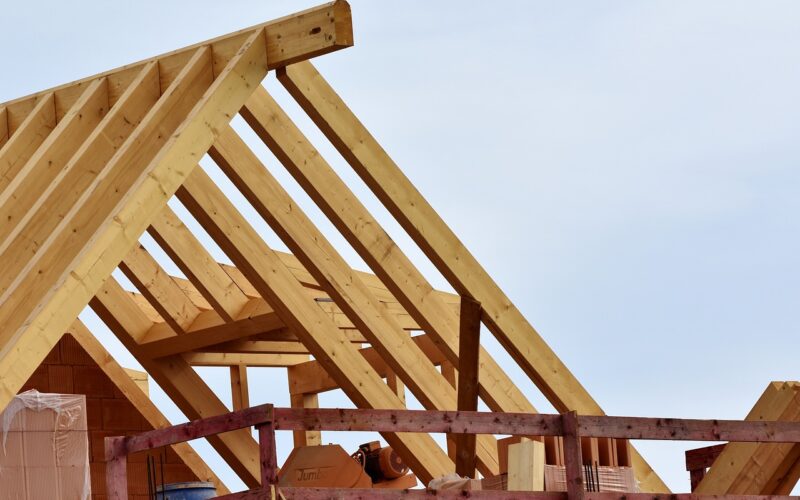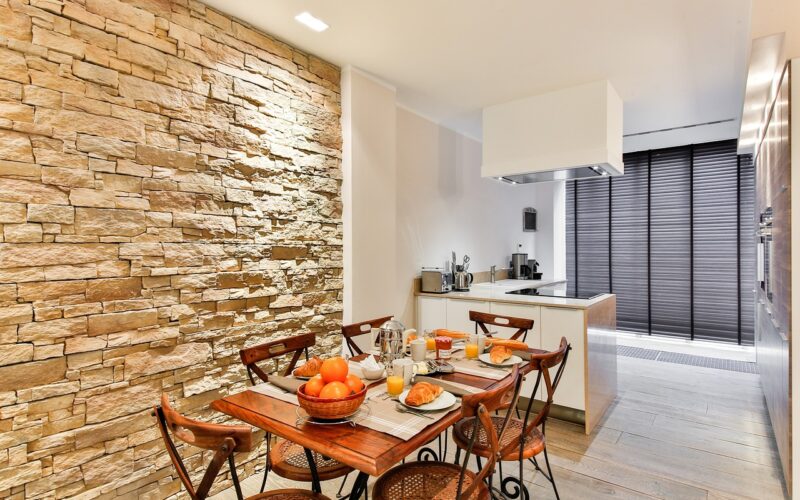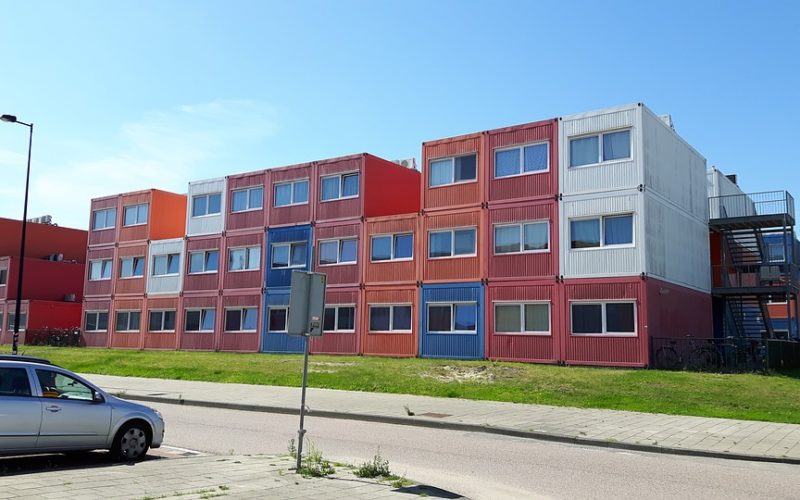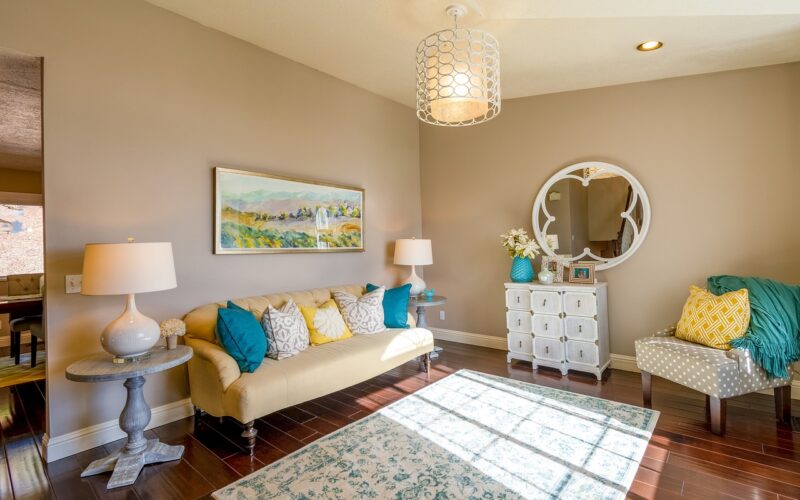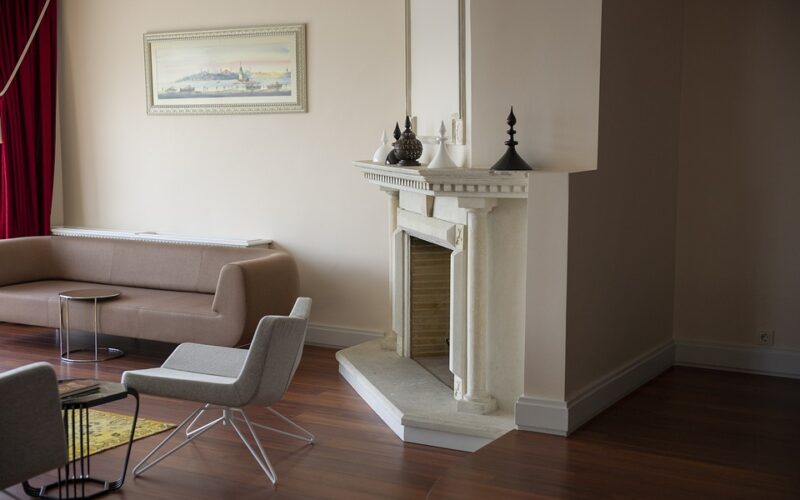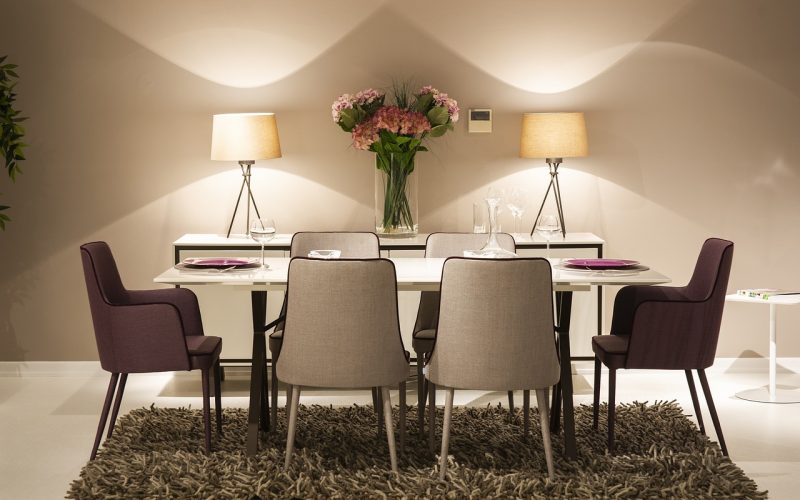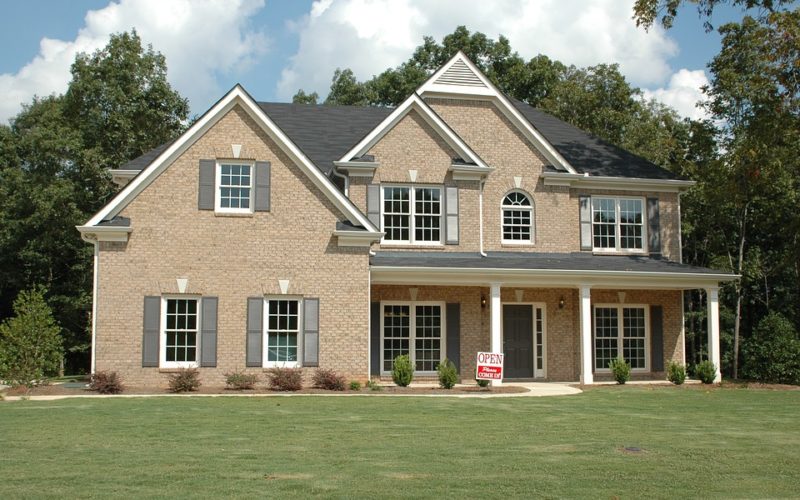The Rise Of Modular Buildings
In recent years, the concept of modular buildings has gained significant traction among self-builders. This innovative construction approach offers a range of benefits that traditional building methods struggle to match. With the growing demand for more efficient, sustainable, and cost-effective construction solutions, it's no surprise that more self-builders are turning to modular buildings for their projects.
Speed and efficiency
One of the most compelling reasons self-builders opt for modular buildings is the speed and efficiency they offer. Traditional construction projects can take months, or even years, to complete due to a myriad of factors, such as weather conditions, on-site labour challenges, and supply chain delays. In contrast, modular buildings are manufactured off-site in controlled environments, allowing for faster assembly and reduced project timelines. Once the modules are completed, they can be transported to the construction site and assembled in a matter of days. This streamlined process not only saves time but also minimises disruptions to daily life for self-builders and their neighbours.
Cost-effectiveness
Another significant advantage of modular buildings is their cost-effectiveness. The controlled factory setting in which modules are produced enables manufacturers to buy materials in bulk, leading to cost savings that are passed on to the consumer. Additionally, the shorter construction period reduces labour costs and the expenses associated with on-site management. For self-builders working with tight budgets, modular buildings offer a financially attractive solution that doesn't compromise on quality or design.
Design flexibility and customisation
Contrary to popular belief, modular buildings are not limited to basic, uniform designs. Modern modular construction techniques offer a high degree of design flexibility and customisation options, allowing self-builders to create unique, personalised spaces. From contemporary to traditional styles, modular buildings can be tailored to suit individual preferences and lifestyle needs. Advanced digital modelling technologies also enable self-builders to visualise their projects before construction begins, ensuring that the final result aligns with their vision.
Sustainability and environmental impact
Sustainability is a growing concern for many self-builders, and modular buildings offer an environmentally friendly alternative to traditional construction. The off-site manufacturing process generates less waste, as materials can be efficiently managed and reused. Additionally, modular buildings are often constructed using eco-friendly materials and designs that promote energy efficiency and reduce carbon footprints. By choosing modular buildings, self-builders can contribute to sustainable development while enjoying the benefits of a high-quality, eco-conscious living space.
Quality and durability
The quality and durability of modular buildings are often superior to those of traditional structures. Since modules are fabricated in factory settings, they are subject to rigorous quality control measures and inspections throughout the production process. This ensures that each module meets high standards for stability and safety. Furthermore, the precision of the manufacturing process reduces the risk of human error, resulting in a higher-quality final product. Modular buildings are designed to withstand transportation and assembly, making them robust and long-lasting options for self-builders.
Future-proofing and adaptability
Modular buildings are inherently adaptable and can be easily modified or expanded to accommodate changing needs. This flexibility makes them an ideal choice for self-builders who anticipate future growth or alterations to their living spaces. Whether adding new modules or reconfiguring existing ones, modular buildings provide a future-proof solution that can be adjusted with minimal disruption. This adaptability not only increases the longevity of the structure but also adds value to the property over time.
The increasing popularity of modular buildings among self-builders is driven by a combination of factors, including speed, cost-effectiveness, design flexibility, sustainability, quality, and adaptability. These advantages make modular buildings an attractive option for those seeking innovative, efficient, and environmentally friendly construction solutions. As the demand for modern living spaces continues to grow, it's likely that modular buildings will play an even more prominent role in the self-build landscape.
